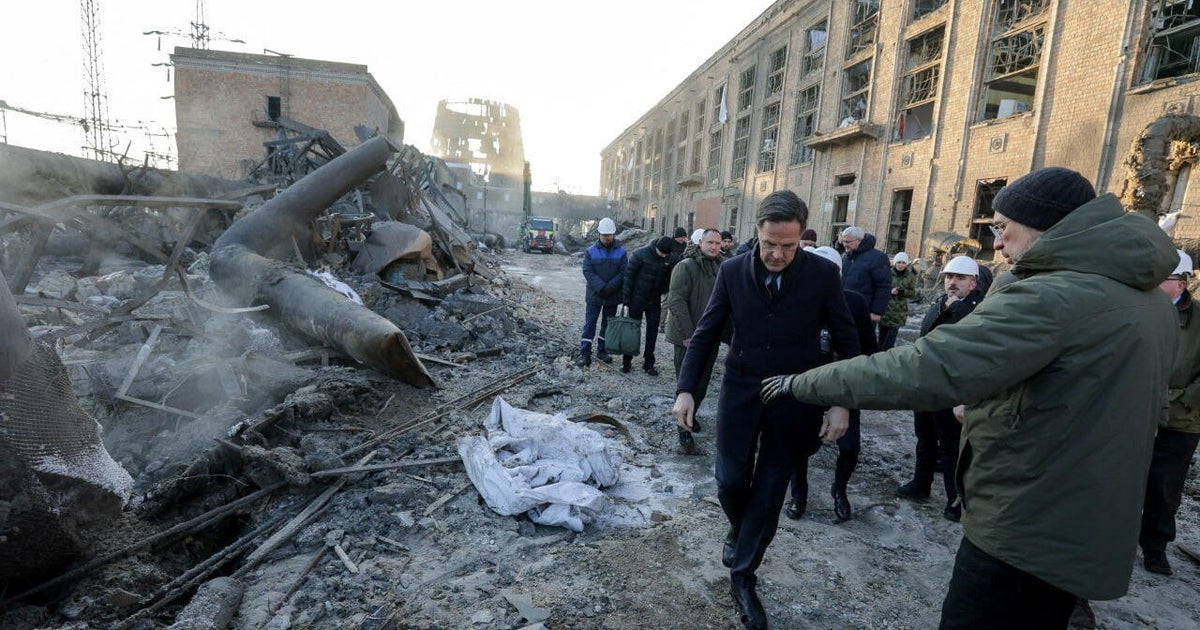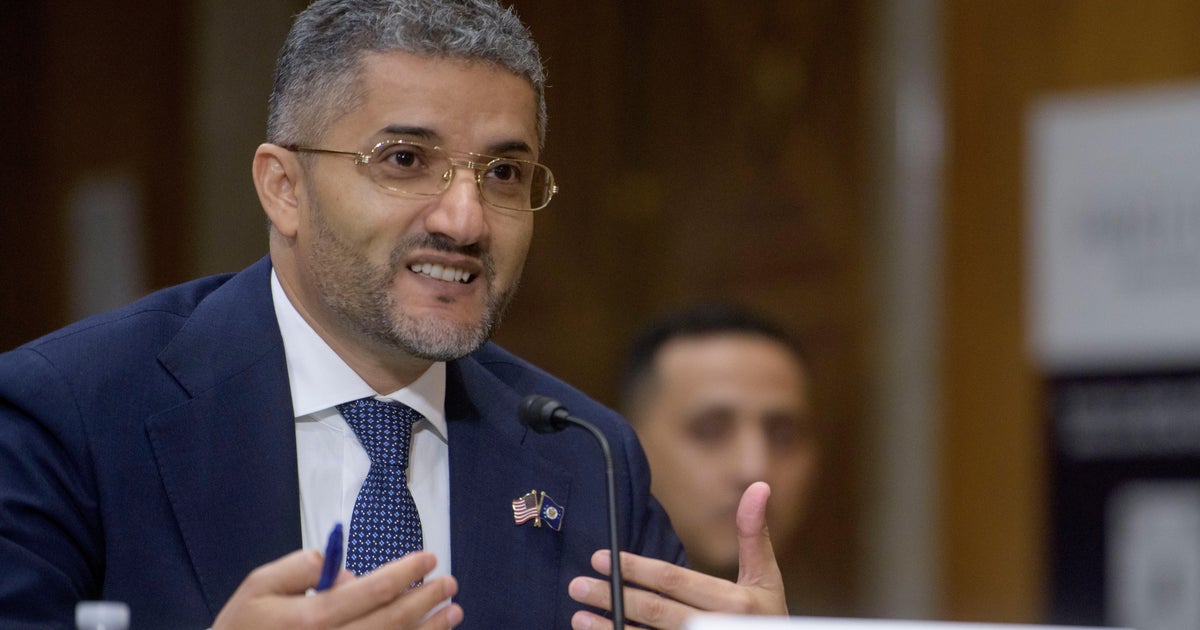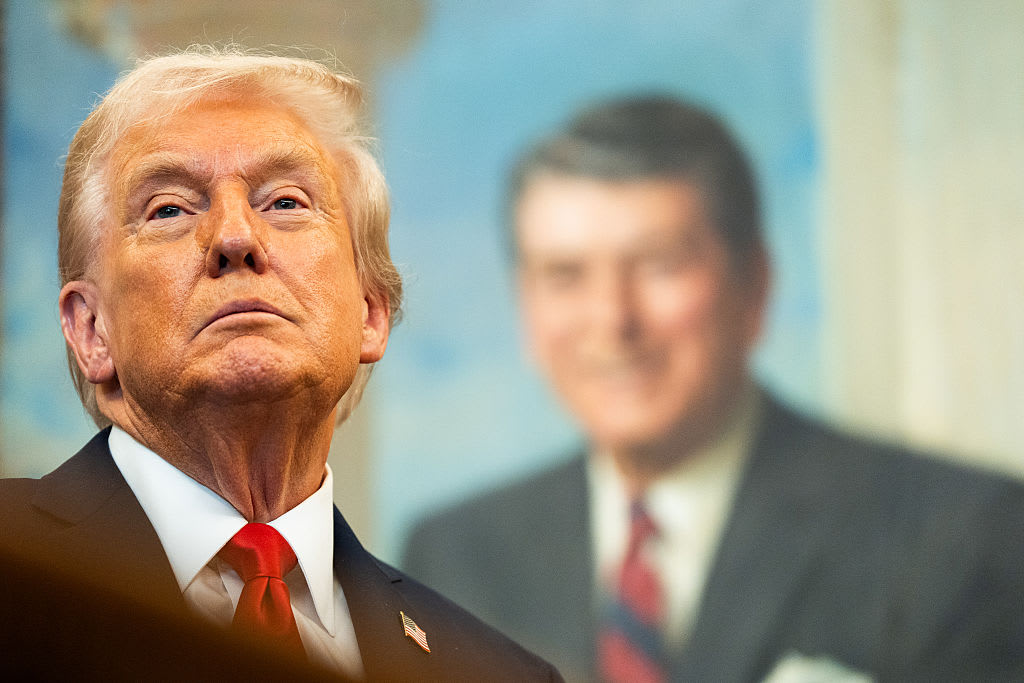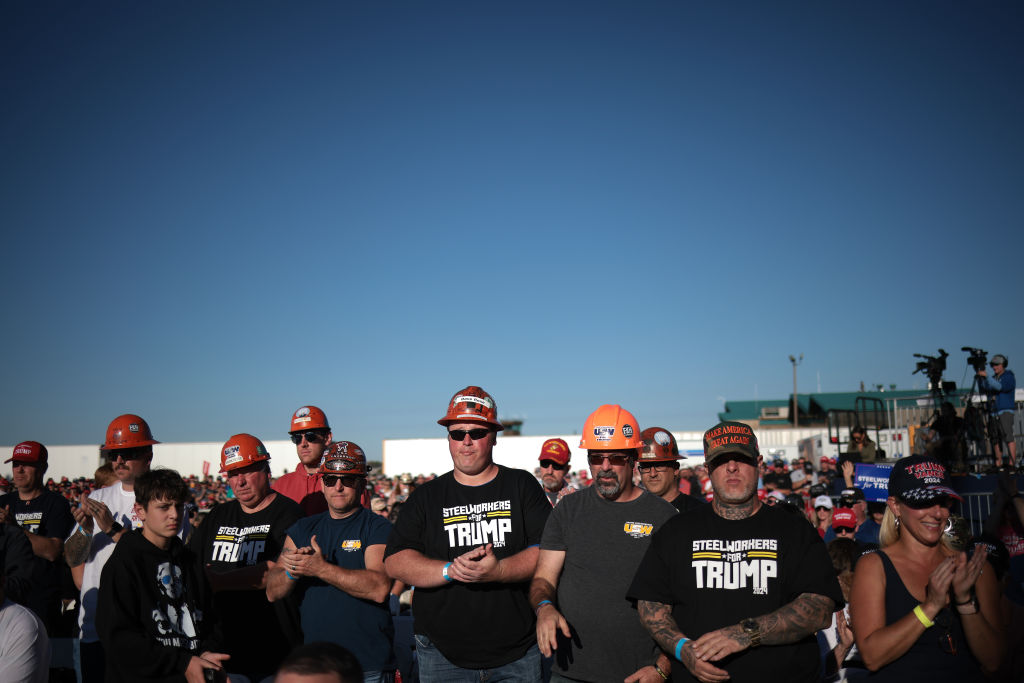4 things to watch for in Trump's steel and aluminum tariffs
President Donald Trump appears on track to officially impose steel and aluminum tariffs by the end of this week.
It would mark another big shift in U.S. policy from free trade to protectionism under Mr. Trump, who backed America out of the Trans-Pacific Partnership and is threatening to back out of the North American Free Trade Agreement.
Mr. Trump is pushing ahead ahead with the plan to place tariffs on imported steel and aluminum despite criticism from many in his own party. His top economic adviser, Gary Cohn, announced his resignation on Tuesday, after he had urged the president to refrain from taking the trade measures.
That's a "clear sign to us that the protectionist camp within the White House is in firm control of the agenda and has the president's full backing," equity analysts at Keefe, Bruyette & Woods wrote in a note.
Steel and aluminum production jobs represent a small segment of the U.S. economy, accounting for 0.21 percent of total employment in 2017, according to Moody's Investors Service. That's about 255,000 and 61,000 jobs in steel and aluminum production, respectively. U.S. Steel said Wednesday it expects to hire about 500 workers as a result of the tariffs.
Mr. Trump has argued steel is crucial to America's interests: "We must protect our country and our workers. Our steel industry is in bad shape. IF YOU DON'T HAVE STEEL, YOU DON'T HAVE A COUNTRY!" Mr. Trump tweeted on March 2.
When the president made the initial decision to impose the tolls last week, it took many by surprise and there were few details. On the table: Across-the-board tariffs on all imports of steel (25 percent) and aluminum (10 percent).
Here's what to look for when the White House releases the tariffs proclamation:
Exemptions for countries or products
President Trump's trade advisers have consistently indicated that no country would be excluded from the tariffs on steel and aluminum, but more recent comments from the White House suggest imports from close allies -- specifically Canada and Mexico -- may be exempt.
"We expect that the president will sign something by the end of the week," White House spokeswoman Sarah Huckabee Sanders told reporters at a briefing on Wednesday. "And there are potential carve-outs for Mexico and Canada based on national security, and possibly other countries as well based on that process."
Echoing Sanders, White House National Trade Council Director Peter Navarro told Fox Business Network Wednesday night that Canada and Mexico could be sheltered from the tariffs provided they meet U.S. demands in renegotiating NAFTA.
But what about Americans allies in the European Union? They ship fewer exports of the metals to the U.S., with Germany accounting for about 4 percent of steel.
Appeals to the World Trade Organization
Canada, the EU and Brazil have all said they would refer the U.S. tariffs to the WTO. The organization, whose mandate includes adjudicating international trade disputes, would appoint a panel of countries not directly affected by the tariffs to hear the case.
Retaliation from U.S. trading partners
If the WTO finds that Mr. Trump's tariffs are illegal, trading partners could retaliate under WTO authorization for more than $14 billion, according to a Peterson Institute estimate cited by Capital Economics.
The EU is already preparing retaliatory measures, which Capital Economics said could be taken within 90 days of U.S. tariffs being imposed under WTO rules. EU officials are preparing to target $3.5 billion worth of American goods -- about the same amount of European steel and aluminum subject to the U.S. tariffs -- through a 25 percent "tit-for-tat" levy across consumer, agricultural and steel imports.
European Commission President Jean-Claude Juncker on Friday cited Harley-Davidson (HOG) motorcycles, Levi's jeans and bourbon as possible targets of retaliatory tariffs if the U.S. levies are implemented.
Job or other cuts at directly affected U.S. companies
Some analysts, economists and even the Aluminum Association express concern that U.S tariffs, in spurring foreign retaliation, would hurt domestic companies more than they help. That's because as the tariffs drive up the cost of goods that use steel and aluminum from overseas, manufacturers would likely slash jobs to rein in costs.
One estimate, from consulting firm Trade Partnership, forecasts about 179,000 U.S. jobs would be lost, compared to 33,000 created as a result of the U.S. protecting steel and aluminum companies.
"Job losses in these sectors are likely to exceed gains among steel and aluminum producers," analysts from Moody Investor's Service said in a report.





